Introduction
In various industrial and commercial settings, securing and organizing critical equipment is a top priority. This is where a field cabinet comes into play. But what exactly is a field cabinet, and why is it so important in today's technological landscape? This guide will walk you through everything you need to know about field cabinets, from their basic definition to their applications and future trends.
Understanding Field Cabinets
A field cabinet is a secure enclosure designed to house and protect electrical and electronic equipment, particularly in outdoor or harsh environments. These cabinets are built to withstand elements such as rain, dust, and temperature extremes, ensuring that the sensitive components inside remain functional and safe.
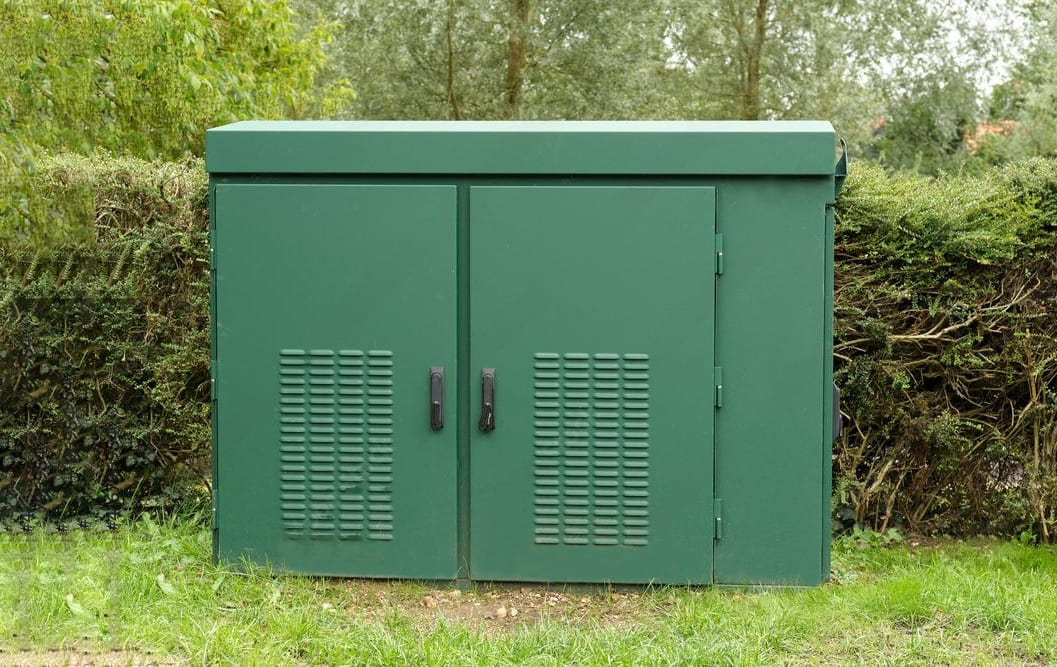
Key Components of a Field Cabinet
Field cabinets typically include:
♦ Enclosure body: Made from durable materials like steel or aluminum.
♦ Mounting panels: For securing equipment inside the cabinet.
♦ Cooling systems: Such as fans or air conditioners to maintain optimal internal temperatures.
♦ Cable management: To organize and protect wiring.
♦ Security features: Locks and alarms to prevent unauthorized access.
Types of Field Cabinets
Field cabinets come in various types to suit different needs:
Outdoor vs. Indoor Field Cabinets
Outdoor cabinets are weatherproof and designed to withstand the elements, while indoor cabinets may focus more on security and accessibility.
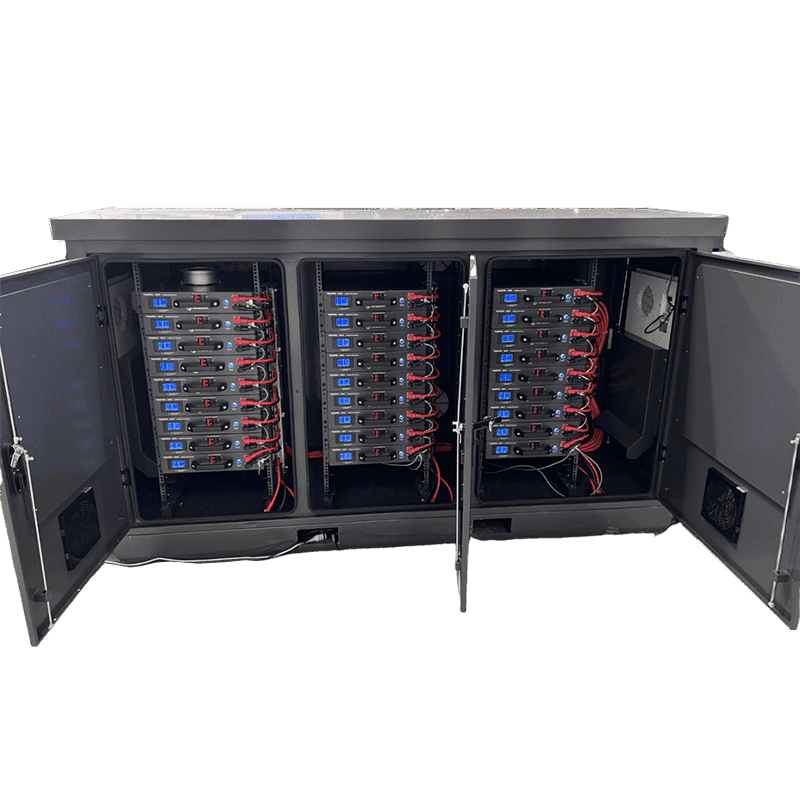
Indoor Field Cabinet
Fixed vs. Portable Field Cabinets
Fixed cabinets are installed in a permanent location, often bolted to the ground or wall, whereas portable cabinets can be moved as needed.
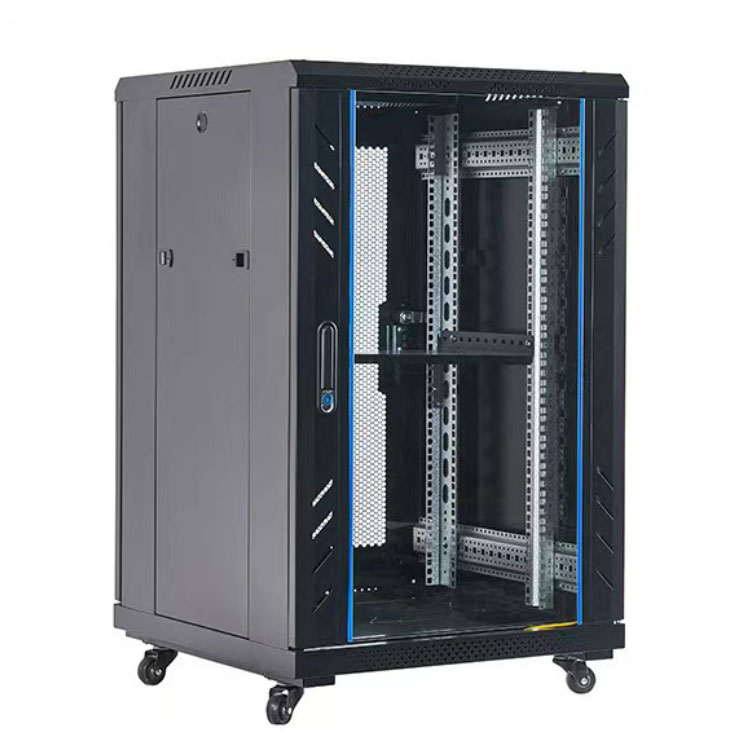
Portable Field Cabinet
Specialized Field Cabinets
For specific industries, such as telecommunications, electrical power distribution, or environmental monitoring, specialized field cabinets offer features tailored to those particular applications.
Uses and Applications of Field Cabinets
Field cabinets are utilized across various industries:
♦ Industrial Applications: Used to house control systems, machinery interfaces, and other industrial equipment.
♦ Telecommunications and Networking: Protects networking hardware, such as switches and routers, often in remote or outdoor locations.
♦ Electrical and Power Distribution: Used for housing circuit breakers, power supplies, and other electrical distribution components.
♦ Environmental Monitoring and Control: Enclosures for sensors, data loggers, and other environmental monitoring equipment.
Materials and Construction
The construction of field cabinets is crucial for their performance:
♦ Common Materials: Most field cabinets are made from steel, aluminum, or durable plastics, each offering different levels of protection and weight.
♦ Weatherproofing: For outdoor cabinets, ensuring they are sealed against water, dust, and other contaminants is essential.
♦ Design Considerations: Depending on the environment, cabinets may include features like ventilation, insulation, or UV protection.
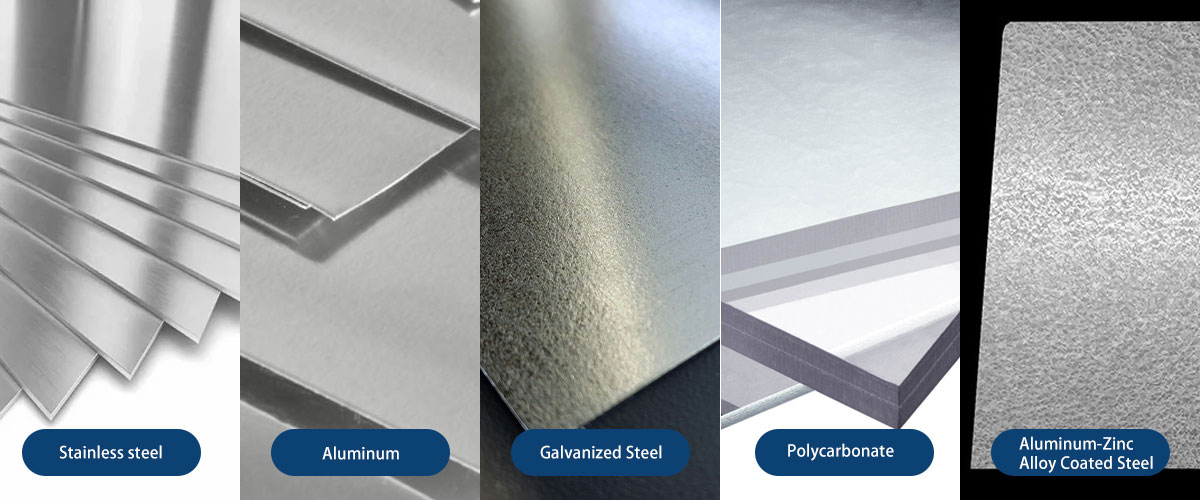
Installation and Setup
Proper installation is key to the effectiveness of a field cabinet:
♦ Site Selection and Preparation: Choosing the right location, with consideration for environmental factors, is the first step.
♦ Installation Procedures: Follow manufacturer guidelines for securing the cabinet, ensuring it is level, stable, and properly grounded.
♦ Safety Precautions: During installation, it's vital to follow all relevant safety protocols to avoid accidents and equipment damage.
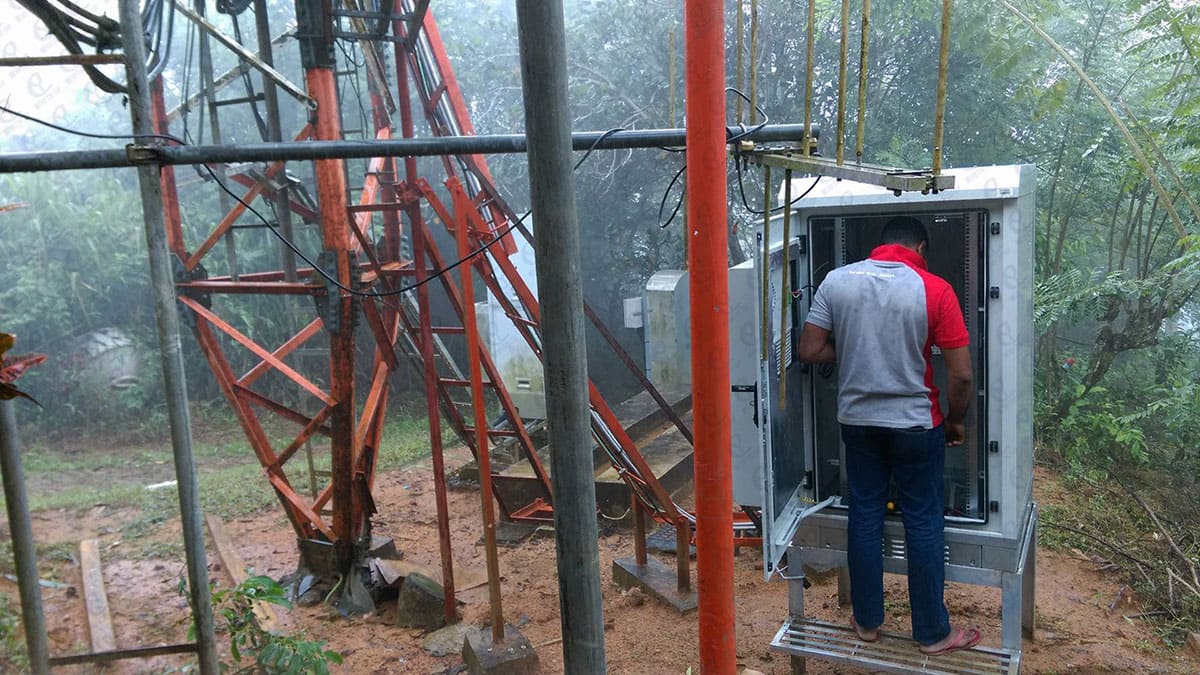
Maintenance and Upkeep
To keep a field cabinet in optimal condition, regular maintenance is necessary:
♦ Routine Maintenance: Includes checking seals, cleaning filters, and inspecting for signs of corrosion or wear.
♦ Troubleshooting Common Issues: Problems like overheating, moisture ingress, or electrical faults need to be addressed promptly.
♦ Upgrading and Retrofitting: As technology advances, older cabinets may require upgrades to accommodate new equipment or features.
Advantages of Using Field Cabinets
Field cabinets offer several benefits:
♦ Protection: Safeguards critical equipment from environmental and physical threats.
♦ Security: Prevents unauthorized access through locks and other security measures.
♦ Flexibility: Can be customized or expanded to meet changing needs.
Challenges and Limitations
Despite their advantages, field cabinets also come with challenges:
♦ Environmental Challenges: Extreme weather or environmental conditions can test even the best-designed cabinets.
♦ Cost Considerations: High-quality cabinets can be expensive, particularly when customized.
♦ Vulnerabilities: Like any piece of equipment, field cabinets can be vulnerable to physical damage, theft, or technical failures.
Technological Advancements in Field Cabinets
The evolution of technology has brought new features to field cabinets:
♦ IoT Integration: Many modern cabinets are equipped with sensors and remote monitoring capabilities, allowing for real-time data collection and management.
♦ Smart Field Cabinets: These include automated systems for climate control, security, and power management, enhancing their efficiency.
♦ Sustainable Designs: Increasingly, field cabinets are being designed with sustainability in mind, utilizing energy-efficient materials and systems.
Field Cabinet Standards and Compliance
Field cabinets must adhere to specific industry standards:
♦ Industry Standards: NEMA (National Electrical Manufacturers Association) ratings and IP (Ingress Protection) ratings are common, indicating the level of protection against environmental factors.
♦ Compliance: Ensuring that cabinets meet safety and environmental regulations is crucial, especially in industries like telecommunications or power distribution.
Case Studies
Real-world examples highlight the effectiveness of field cabinets:
♦ Telecommunications: Field cabinets used in remote locations have successfully provided stable and secure housing for networking equipment.
♦ Power Distribution: In urban and rural areas, field cabinets have played a key role in maintaining reliable power distribution networks.
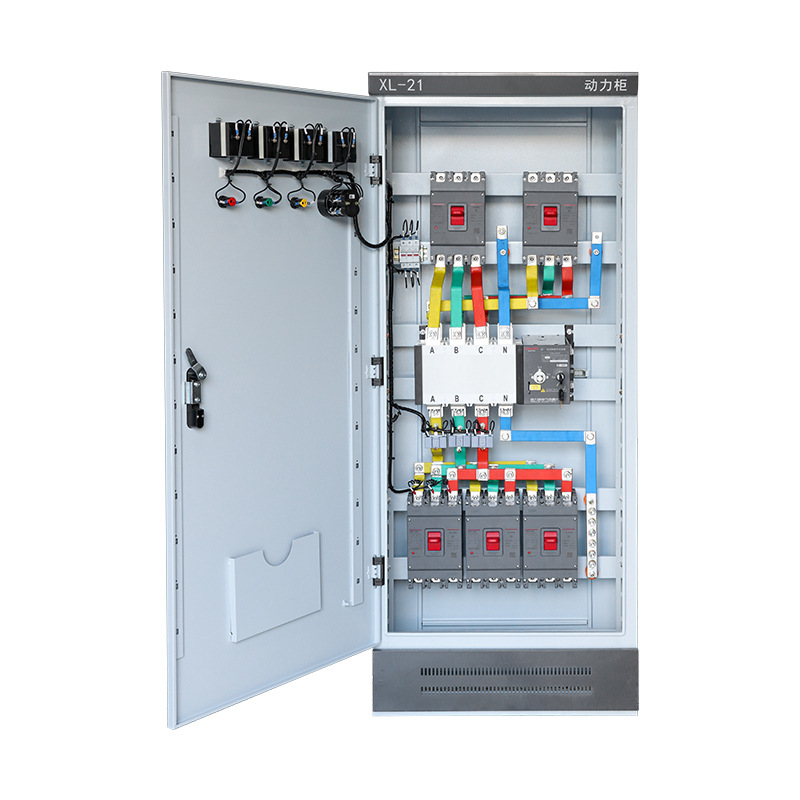
Power Distribution Cabinet
Buying Guide
When purchasing a field cabinet, consider the following:
♦ Material: Choose based on the environmental conditions the cabinet will face.
♦ Size and Capacity: Ensure the cabinet can accommodate all necessary equipment with room for future expansion.
♦ Security Features: Depending on the location, additional security measures may be required.
Future Trends
Looking ahead, several trends are shaping the future of field cabinets:
♦ Innovations: Expect continued integration of smart technologies and sustainable materials.
♦ Future Predictions: As industries evolve, field cabinets will become more adaptive, offering greater flexibility and functionality.
Conclusion
Field cabinets play a critical role in protecting and managing essential equipment across a variety of industries. Whether in telecommunications, power distribution, or environmental monitoring, these enclosures ensure that operations continue smoothly, even in challenging conditions. As technology advances, field cabinets will continue to evolve, offering even more sophisticated features and capabilities.
FAQs
1. What is the difference between a field cabinet and a control cabinet?
A field cabinet is typically used in outdoor or harsh environments to protect equipment, while a control cabinet is often used indoors for housing control systems.
2. How do I choose the right field cabinet for my needs?
Consider factors like environmental conditions, the size of the equipment, and security requirements when selecting a field cabinet.
3. What maintenance is required for a field cabinet?
Regular maintenance includes inspecting seals, cleaning filters, and checking for corrosion or other signs of wear.
4. Can field cabinets be customized?
Yes, many manufacturers offer customization options to meet specific industry needs or environmental challenges.
5. Are there specific certifications needed for field cabinets?
Field cabinets may need to comply with standards




















